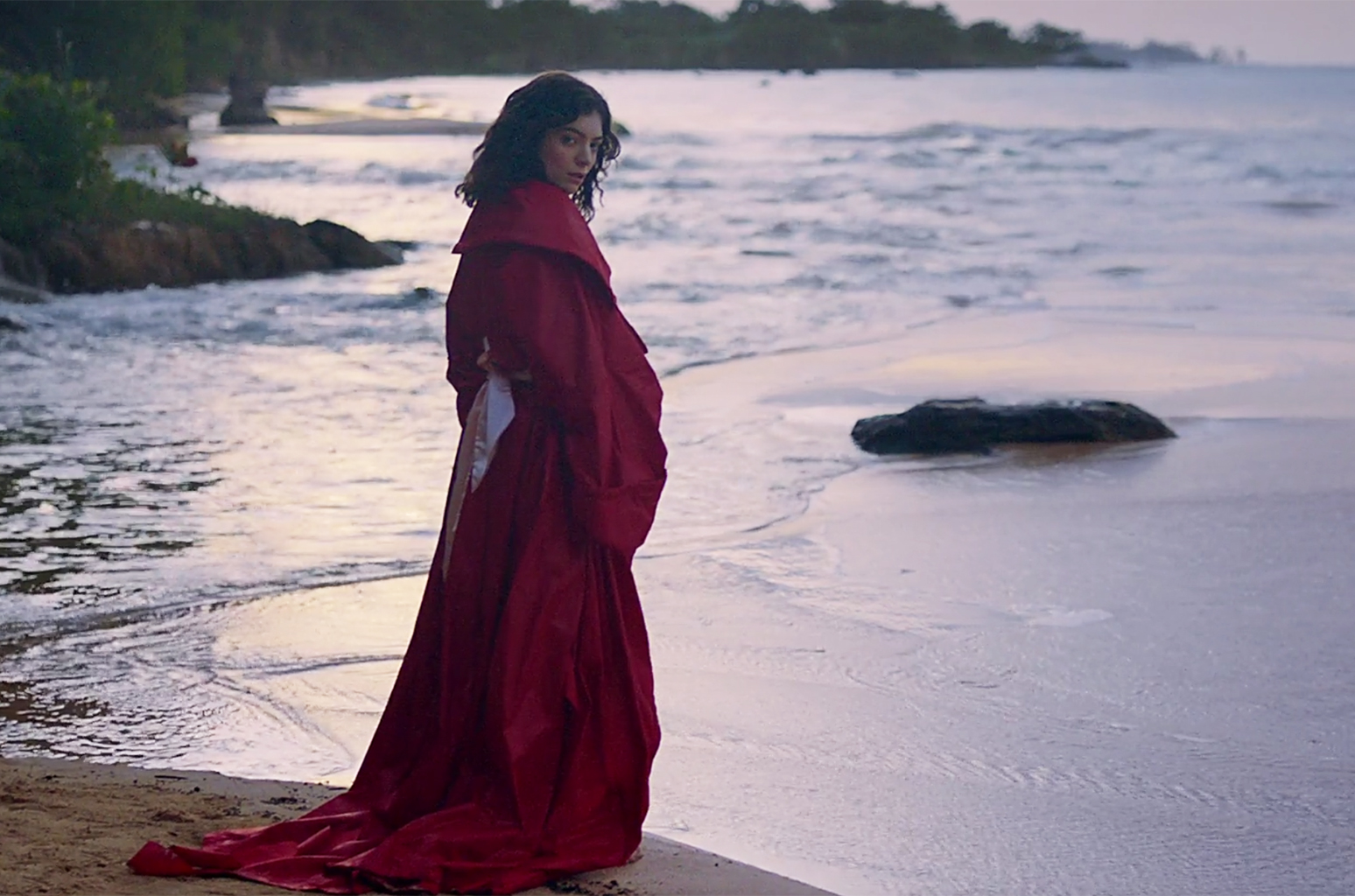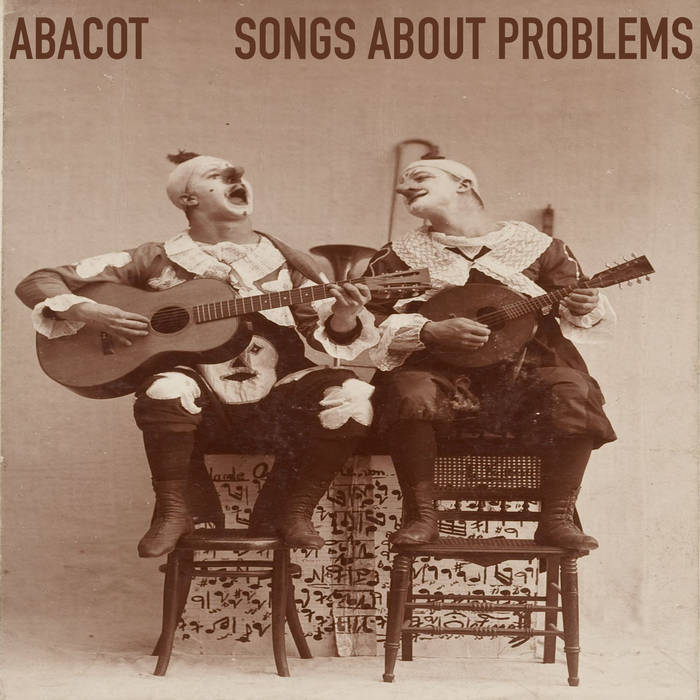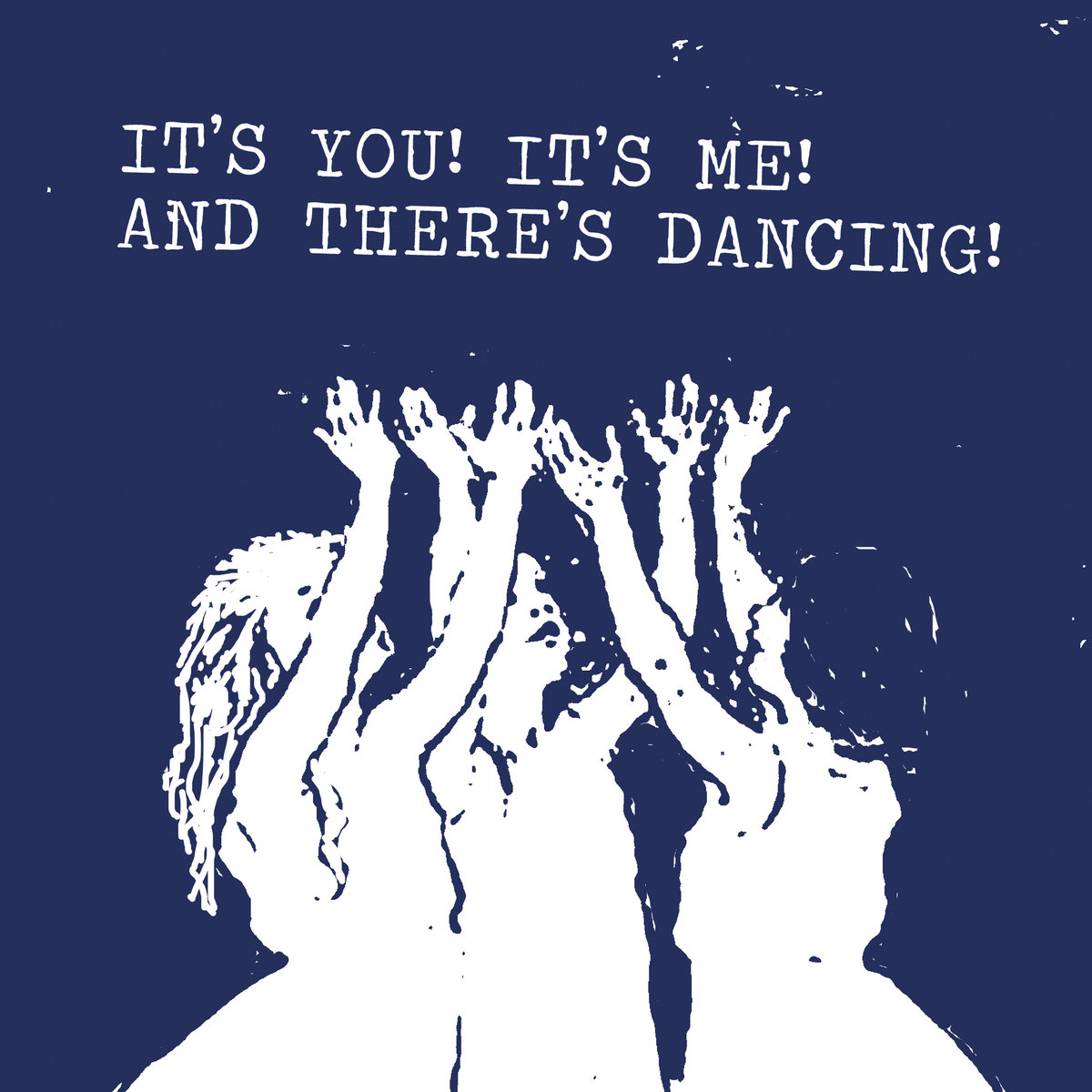Universal Melodrama: Lorde and Medea
/“We told you this was Melodrama.”
Lorde’s Melodrama is a shining pop masterpiece, but as new as the album sounds, the story that it tells is one as old as humanity. Autobiographically-told, it follows Lorde as she grapples with heartbreak and fights to free herself from the intensity of young womanhood. Beloved by both fans and critics, Melodrama is a record that perfectly captures what it’s like to be in love. From the initial feelings of being “wild and fluorescent” to the shift of wondering why you’re dancing alone, the album tracks love as its vibrance slowly fades.
However, to say that Melodrama is merely about romance would be missing the point. The record also addresses what it’s like to be a young woman, transitioning into a world full of expectations and contradictions. In her own words, Melodrama follows the story of a house party, from the euphoric highs of “The Louvre” to the dark intricacies of “Liability,” each song depicts a different stage of the evening as Lorde searches for peace in the aftermath of a breakup. In an album filled with complexities and confusion, the line between heartbreak and freedom becomes blurry, and the party rages on while Lorde tries to keep up.
About 2,000 years prior to Melodrama, Greek playwright Euripides wrote a tragedy called Medea that touched on many of the same topics. The plot focuses on the heartbreak our heroine Medea faces and her plan to get revenge on her adulterous partner. But more than that, it follows a powerful woman who struggles with the expectations placed on her by society. Lorde and Euripides’ works bear a striking number of similarities to each other. Both of our protagonists become obsessed with their lovers, and find themselves willing to betray friends and family. The two narratives posit that love often leads to heartbreak, but it can also lead to freedom.
Part 1 | The Lover
At the beginning of Medea, our main character falls in love with Jason when he visits her island of Colchis on a quest to retrieve the Golden Fleece and take his spot on the throne. Compelled to help her lover, she feeds Jason tips and helps him attain the fleece through the power of her wizardry. After the current king blocks Jason from taking the throne, Medea hatches a plot to take the kingship illegitimately by tricking the king’s daughters into chopping him up. When her plan is uncovered, both Jason and Medea are banished from the island, chased away by Medea’s own family. In an attempt to escape by sea, Medea devises a plan to slow her father down by killing and chopping up her brother’s body then throwing it to the sea, knowing that her father will stop to collect the individual body parts.
Meanwhile, on Melodrama Lorde finds herself experiencing the same intoxication of love on “The Louvre” where she feels ready to betray friends and family for her lover much like Medea did. At the start of the song’s third verse, she recounts “Blow all my friendships / to sit in hell with you / But we’re the greatest / They’ll hang us in the Louvre.” While she obviously doesn’t go as far as killing, Lorde is still obsessed with her lover in the same way that Medea was, willingly destroying all of her friendships in favor of newfound love. Earlier on in the track, she bottles up that feeling of infatuation with the lines “I am your sweetheart psychopathic crush / Drink up your movements still I can’t get enough.” Both women experience the electrifying fluorescence of new love and succumb to the rush that it fuels.
Part 2 | The Betrayal
After escaping her homeland, Medea and Jason relocate on Corinth, a remote island where they settle down and have a number of children together. Eventually, Jason finds himself enamored with another woman, Creusa, who also happens to be a princess on the island. Drawn to Creusa’s beauty (and her social status) Jason abandons Medea, leaving her stranded on a strange land, alone with no standing as a foreigner and as a woman. Her time in love with Jason was ultimately quick and intense, and they fall apart just as quickly as they were drawn together.
Lorde also finds herself grappling with a similar situation of new and unfamiliar love on “Homemade Dynamite” where she opens the song with some scene-setting lyrics: “A couple rebel top gun pilots / Flying with nowhere to be / Don’t know you super well / But I think that you might be the same as me / Behave abnormally.” Intoxicated with the feeling of fresh love, Lorde is inspired to act irrationally, jumping into a relationship with little foresight or evidence of compatibility.
Within the same song, we witness the relationship’s quick end as it devolves into a spiteful and violent split. Lorde ends up with someone else despite seemingly still being attached to her original lover. “See me rolling, showing someone else love / Dancing with our shoes off / Know I think you’re awesome right?” Right after asking that, Lorde transitions into a vengeful chorus of “our rules our dreams, we’re blind / blowing shit up with homemade dynamite.” The rapid transformation within the song highlights how quickly the intense feelings of love can retreat and metamorphosize into equally-passionate emotions of hate or violence, just as they did with Medea.
Both Lorde and Medea find themselves impassioned by their unfaithful lovers in different ways. While Lorde finds herself partying and wanting to “blow shit up,” Medea’s emotions come out in the much more biblical form of a speech. Tied to her husband by law, Medea is left feeling powerless once he abandons her for someone who will lift his status in society. Men, she claims, lead an easy life and can leave their woman whenever they want. Meanwhile, women are the ones who suffer as divorce is reprehensible, women are the ones who have to give birth, and powerful women are feared. Abandoned by Jason, Medea shares her frustration, orating to the women of her city, she claims that even death is preferable to marriage.
“In my case, however, this sudden blow that has struck me has destroyed my life. I am undone, I have resigned all joy in life, and I want to die. For the man in whom all I had was bound up, as I well know—my husband—has proved the basest of men. Of all creatures that have breath and sensation, we women are the most unfortunate. First at an exorbitant price we must buy a husband and master of our bodies. And the outcome of our life’s striving hangs on this, whether we take a bad or a good husband. For divorce is discreditable for women and it is not possible to refuse wedlock. And when a woman comes into the new customs and practices of her husband’s house, she must somehow divine, since she has not learned it at home, how she shall best deal with her husband. If after we have spent great efforts on these tasks our husbands live with us without resenting the marriage-yoke, our life is enviable. Otherwise, death is preferable. A man, whenever he is annoyed with the company of those in the house, goes elsewhere and thus rids his soul of its boredom. But we must fix our gaze on one person only. Men say that we live a life free from danger at home while they fight with the spear. How wrong they are! I would rather stand three times with a shield in battle than give birth once.”
After the outward destruction found on “Homemade Dynamite,” Lorde tries her best to find peace in her own company. She confesses her own experiences of being isolated in “Liability,” the emotional centerpiece of the record in which Lorde finds solace in her own self-love. No longer dependent on someone else for her happiness, she focuses on her relationship with herself. “So I guess I’ll go home into the arms of the girl that I love / The only love I haven’t screwed up / She’s so hard to please, but she’s a forest fire.” In these lines Lorde admits that love has shaken her up, but begins to realize that happiness can (and must) come from within first. She goes on to depict a scene of her evening alone, revealing that she’s indeed talking about herself. “I do my best to meet her demands, play at romance / We slow dance in the living room, but all that a stranger would see / Is one girl swaying alone, stroking her cheek.”
Part 3 | The Revenge
Betrayed by Jason, Medea plots her revenge, eventually deciding to kill Creusa, and the children she’s had with Jason. By taking Jason’s fatherhood and social status, she hopes to harm him in the most painful way possible. Medea eventually decides to kill Creusa by sending her a cursed crown and robe delivered by the children that Jason had with Medea. At first reluctant to accept the kids into her house, Creusa immediately becomes amicable when she notices the beautiful gifts they are offering. Once put on, the crown takes a moment before it latches into Creusa’s skull while the robe burns her skin into a waxy substance. Before she is killed, Creusa is given a chance to admire herself in the mirror, only to watch her beauty that was so treasured be torn away.
In Melodrama Lorde is at her most vengeful on “Writer In The Dark” where she warns her ex of the mistake he made. Instead of remaining heartbroken, she turns her ex’s departure into something empowering. Just as Medea hurts Jason and Creusa in the most personal way possible, Lorde defies her ex by achieving superstar status off an album partially about the empowerment of being alone. “Bet you rue the day you kissed a writer in the dark / Now she’s gonna play and sing and lock you in her heart.” The chorus portrays Lorde at her most vicious as she bares her fangs through flashes of love-infused threats. “I am my mother’s child, I’ll love you ‘till my breathing stops / I’ll love you 'til you call the cops on me / But in our darkest hours, I stumbled on a secret power / I’ll find a way to be without you, babe.” Eventually, she lands on the self-reliance detailed above in “Liability” and explains that she found her own way out of the darkness of heartache.
Part 4 | The Escape
After having achieved her revenge, Medea leaves the Earth and disappears into the sun on a chariot given to her by her grandfather Helios, the sun god. By giving her the chariot, Helios is also sanctioning her actions and is giving Medea a chance to escape the world that has caused her such pain. This is a moment of triumph, as Medea is now free of her lover and all the actions that came in the aftermath of his betrayal.
Melodrama also includes a reference to disappearing into the sun on “Liability” when Lorde whispers “They’re gonna watch me disappear into the sun / You’re all gonna watch me disappear into the sun” on the track’s outro. In Melodrama’s context, disappearing into the sun is the final act of an incredibly dark and intricate song, yet this disappearance, like the rest of the record, isn’t easy to reckon with. She’s leaving behind her lover in favor of her success, much like Medea left her world behind after achieving revenge. It’s not the choice either would have made in a vacuum, but rather a step that is necessary in order to fully attain the freedom from their past lives.
On Melodrama’s closing track“Perfect Places,” Lorde is confronted with the reality that perfection is impossible, despite the bliss partying seems to bring. To start the song, she details her attempts to get lost in the ecstasy of an average night out. “Every night, I live and die / Feel the party to my bones / Watch the wasters blow the speakers / Spill my guts beneath the outdoor light / It’s just another graceless night.” Checking to make sure her company is as immersed in the party as she is, Lorde asks “Are you lost enough? / Have another drink, get lost in us / This is how we get notorious.” She quickly turns around and explains why she feels the need to party in order to be free, offering that she is ashamed of herself and is afraid of facing the fact that her heroes are disappearing around her. “All of the things we’re taking / 'Cause we are young and we’re ashamed / Send us to perfect places / All of our heroes fading / Now I can’t stand to be alone / Let’s go to perfect places.” After trying to avoid her pain through partying and drinking, Lorde finally comes to realize that life will probably always be an unavoidable mess, and distractions won’t help her deal with her issues despite providing a few hours of escape. She sends the album off with an anthemic chant of “All the nights spent off our faces / Trying to find these perfect places / What the fuck are perfect places anyway?”
Universal Melodrama
So how did these two works of art end up with such eerily-similar arcs? Well, they are both centered around universal themes that are always relevant to the human experience. While love and heartbreak will always be relatable topics, Lorde has admitted that she designed Melodrama to emulate the feeling of a Greek tragedy. In an interview with Vanity Fair she elaborated:
“[Melodrama is] a nod to the types of emotions you experience when you’re 19 or 20. I had such an intense two years, and everything I was feeling—whether it was crying or laughing or dancing or in love—each of them felt like the most concentrated version of that emotion. I also have a love of theater and I love drawing a parallel with Greek tragedies. But there’s definitely an element of tongue-in-cheek; it’s very funny to title your record Melodrama.”
Lorde clearly invokes classical ideals in her record, as she emphasizes the unity of time, place, metaphor, and action. This makes for a more concise album, and as a result, everything is condensed and easy to follow. Similarly, she employs unity of metaphor with repeated references to the sun and fire, ribbons tying her to someone, and the feeling of being used in a relationship. All the imagery is meant to connect, spawning echoes and reflections across the album.
On “Sober II (Melodrama)”, Lorde cautions “We told you this melodrama / Our only wish is melodrama.” Much like the Greeks used to pen cautionary tales of being swept away in a fit of emotion, Lorde’s cry acts as a claim that the listener got exactly what they came for, just as she presumably knew that heartbreak often follows love. Despite the suffering caused by the disintegration of her relationship, Lorde knows every part of her life will be amplified in her transition to womanhood, even the highs.
The upside to these stories is that both Lorde and Medea turn their cautionary tales of heartbreak into stories of self-success. Thinking less about the specifics of what Medea did and more about the concept, we see two women who successfully seized opportunities to take control of their lives when they could have easily blamed the world for what was happening to them. Without discounting the fact that they both did take a moment to acknowledge the pain of their situation (“Liability” in Melodrama, Medea’s speech in Medea), we can see they were both more interested in accepting the challenge the world had given to them than they were in wallowing in self-pity. That can be a scary concept to tackle, and one that is even harder to realize in actuality. But as Lorde sings in “Liability,” her forest fire-like passion is what enables the wild fluorescence of love, the following crash of being alone, and the ability to embrace a new life. And the unique confusion that comes from that mix of feelings is worth it to have her strength and passion.
Another metaphor that unites both Lorde and Medea is the idea of disappearing into the sun. Lorde does so in “Liability,” a song about feeling used and retreating into yourself. Medea disappears into the sun literally as the final act of the play, leaving behind Jason to join the gods. They both do this as a way of showing heartbreak is not only something that can be overcome, but that the lessons learned from it and the resulting actions might have a more positive and permanent impact than loving someone else did. Lorde and Medea both understand that they can be better off alone and that the empowerment that comes along with their actions allows them to defy the usual feelings of heartbreak.
In many ways, the human experience will always be the same. We will always search for connection, we will always find heartbreak, and we stumble into relationships that change us forever. The fact that these two vastly different works, in two disparate mediums, from two artists centuries apart can both feel equally valid speaks to this. Viewing these universal truths through different lenses is how we evolve and connect as humans. It gives us an outlet to reflect on our own experiences, and (hopefully) grow as people through them. Whether it’s a murderous sorceress ascending into the sun or a New Zealand teenager dancing in her room by herself, there is truth, experience, and life to be gained through both of these pieces of art.













